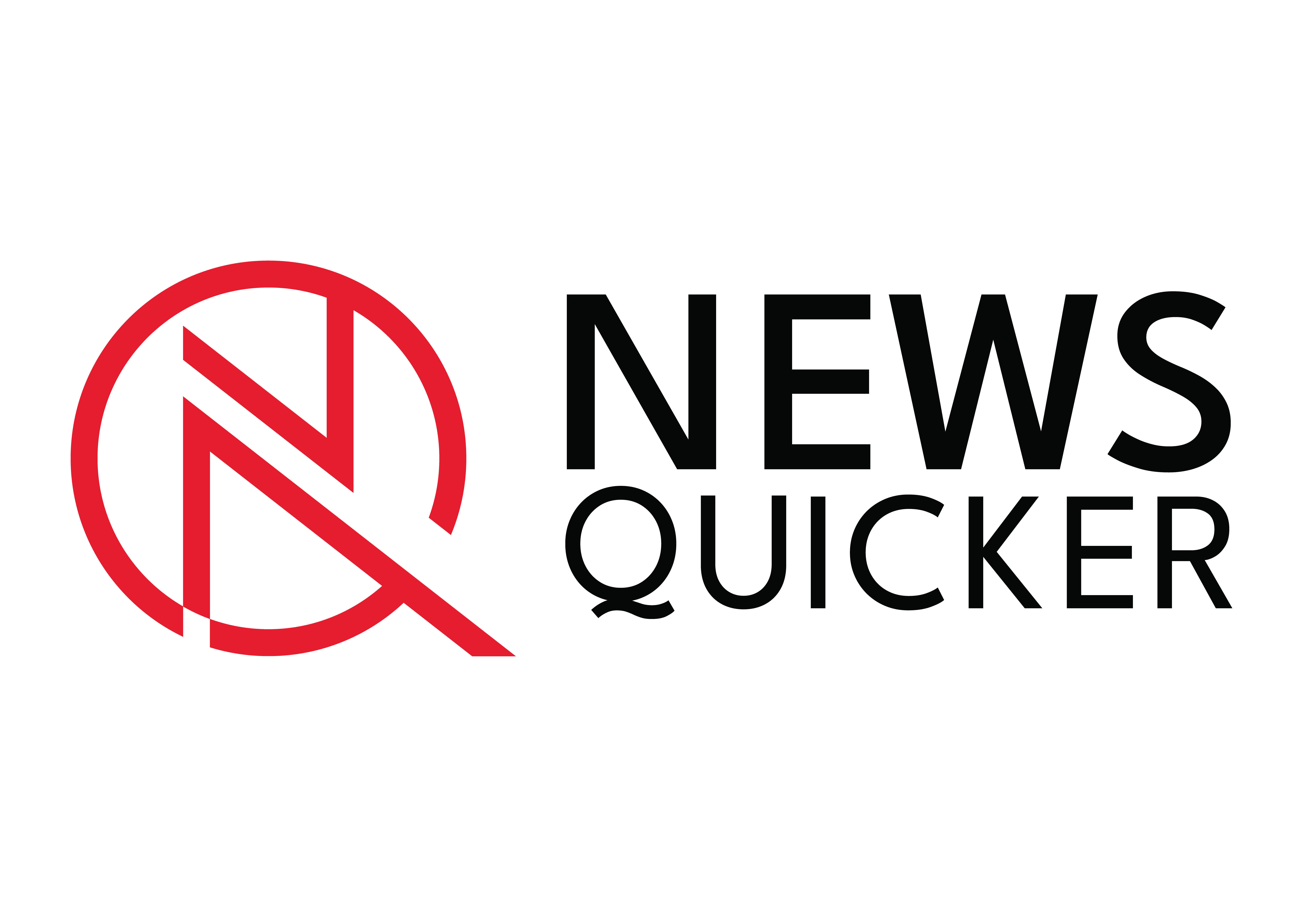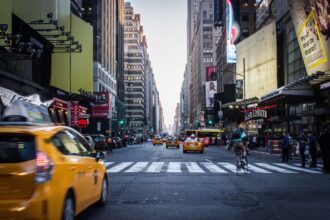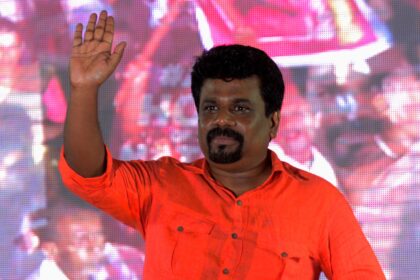Left-leaning politician Anura Kumara Dissanayake has emerged as the new president of Sri Lanka following the country’s first election since its economic collapse in 2022. Beating rivals Sajith Premadasa and outgoing president Ranil Wickremesinghe, the 55-year-old leader from the National People’s Power (NPP) has taken charge of a nation in crisis.
Early Life and Political Journey
A Former Marxist
Born on November 24, 1968, in the multi-cultural town of Galewela, Sri Lanka, Dissanayake was raised in a middle-class family. He was educated at a public school and holds a degree in physics. His political journey began during his university years when Sri Lanka was reeling from the Indo-Sri Lanka Agreement signed in 1987, which led to one of the bloodiest periods in the country’s history.
Between 1987 and 1989, the Janatha Vimukti Peramuna (JVP), a Marxist party Dissanayake would later join, led an armed revolt against the government. The insurrection led to thousands of deaths. Dissanayake rose through the party ranks, becoming part of its central committee in 1997 and later its leader in 2008.
Though the JVP was once associated with violence, Dissanayake has since apologized for the group’s actions during that period, expressing regret over the tragic loss of lives.
His Political Transformation
A ‘Different’ Leader
Dissanayake has built his political platform on promises of change, accountability, and transparency. His campaign highlighted past unfulfilled promises by political leaders, especially regarding the 2019 Easter Sunday bombings, which killed over 290 people. He pledged to reopen investigations into the incident and hold those responsible accountable.
This stance on political reform and fighting corruption has resonated with a populace weary of the country’s political elite. Dissanayake portrayed himself as a disruptor of the status quo and committed to restoring integrity in government.
Campaign for Change
A Candidate for Change
Dissanayake’s political campaign leveraged the economic crisis of 2022, during which inflation soared to 70%, foreign reserves dried up, and public debt exceeded $83 billion. His anti-corruption message and pro-poor policies gained traction among voters dissatisfied with traditional leadership. As a result, he was seen as a candidate for true systemic change.
Despite concerns from investors about his fiscal policies, Dissanayake reassured them that any economic changes would be made in consultation with the International Monetary Fund (IMF), to ensure Sri Lanka remains on the path to recovery.
Policy Commitments
An Advocate for the Poor
Dissanayake’s policy pledges include robust anti-corruption measures, expanded welfare programs, and reversing the tax hikes imposed by the previous government. He has vowed to slash taxes and introduce stronger welfare schemes to aid those affected by economic instability.
Critics argue that these policies could hinder Sri Lanka’s economic recovery, but Dissanayake has promised to ensure debt repayment and work closely with the IMF to navigate these challenges.
Victory and Challenges Ahead
An ‘Impressive Win’
Dissanayake’s electoral victory is seen as a turning point for Sri Lanka. With about 76% voter turnout, his success has been hailed as a mandate for change. Supporters of his rivals, including President Wickremesinghe and opposition leader Sajith Premadasa, have publicly acknowledged and congratulated him on his win.
As the new president, Dissanayake now faces the challenge of rebuilding the country’s economy, restoring public confidence, and leading a nation desperate for stability and progress.






